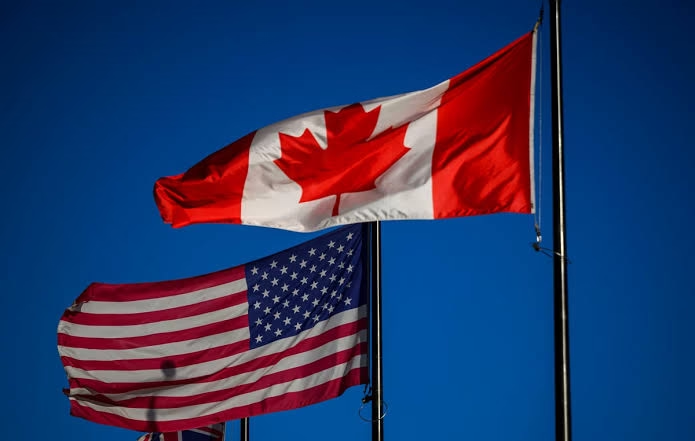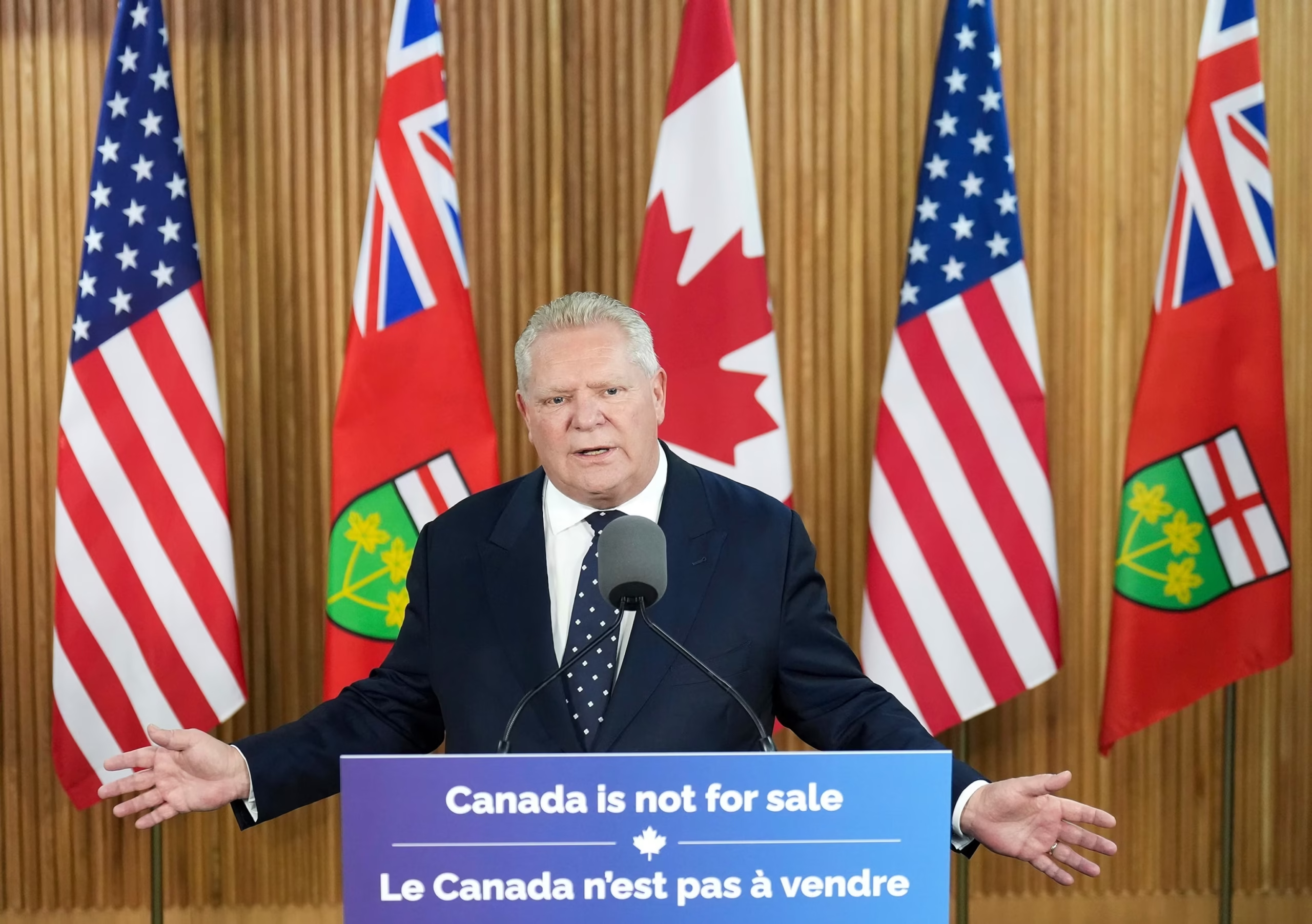Tag: canada
-

Canada Declares End of Era in U.S. Relations, Plans Major Trade & Security Overhaul Amid Trump Tariff Fallout
Ottawa, Canada – Prime Minister Mark Carney announced a historic shift in Canada’s relationship with the United States on Thursday, declaring that decades of tightly integrated economic and security cooperation are “over” and vowing a sweeping renegotiation of bilateral trade and defense agreements. The remarks, delivered during a press conference in Ottawa, signal a dramatic…
-

Trump’s tariffs on Canada may make US electrical payments much more costly
Rising U.S. energy costs may speed up additional in sure areas if the ten% power tariffs imposed by the Trump administration this week have an effect on Canadian electrical energy imports and provoke retaliatory measures, power specialists and grid operators warn.Whereas imported electrical energy accounts for simply 1% of the nation’s whole energy provide, authorities…